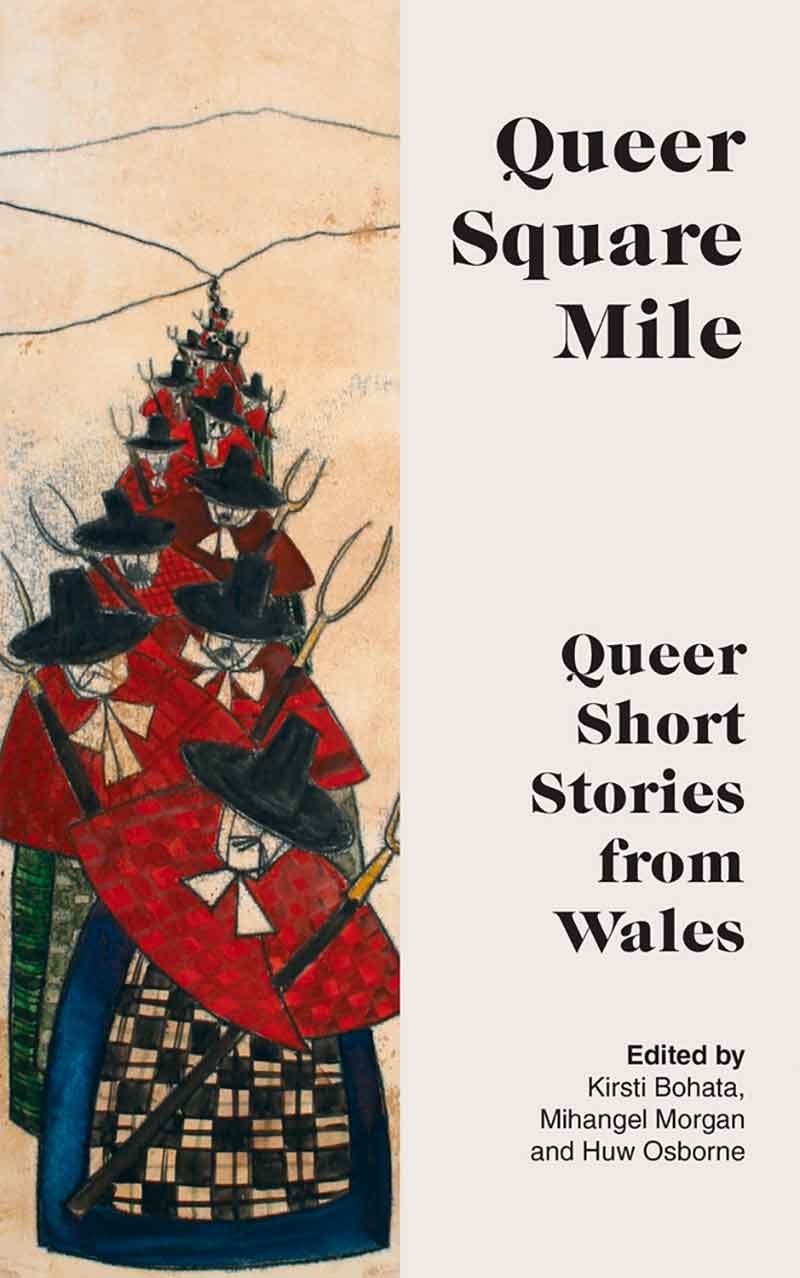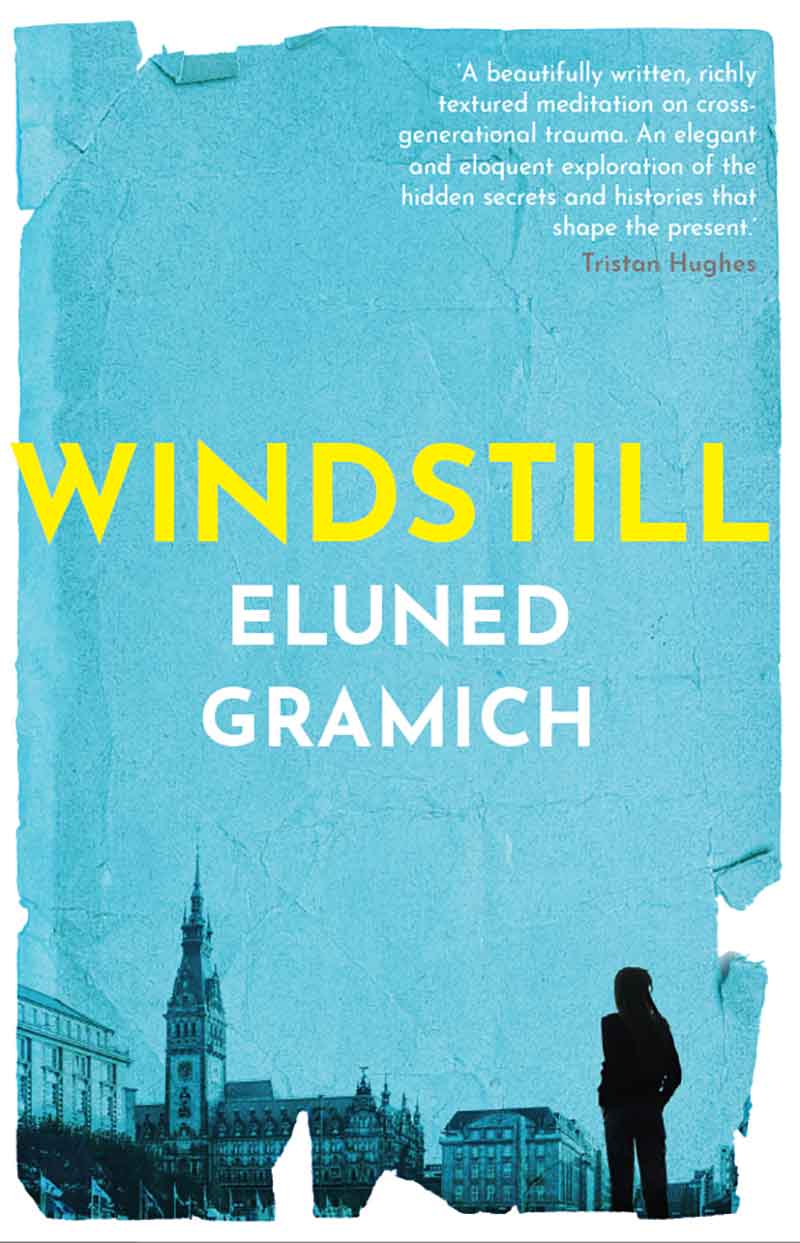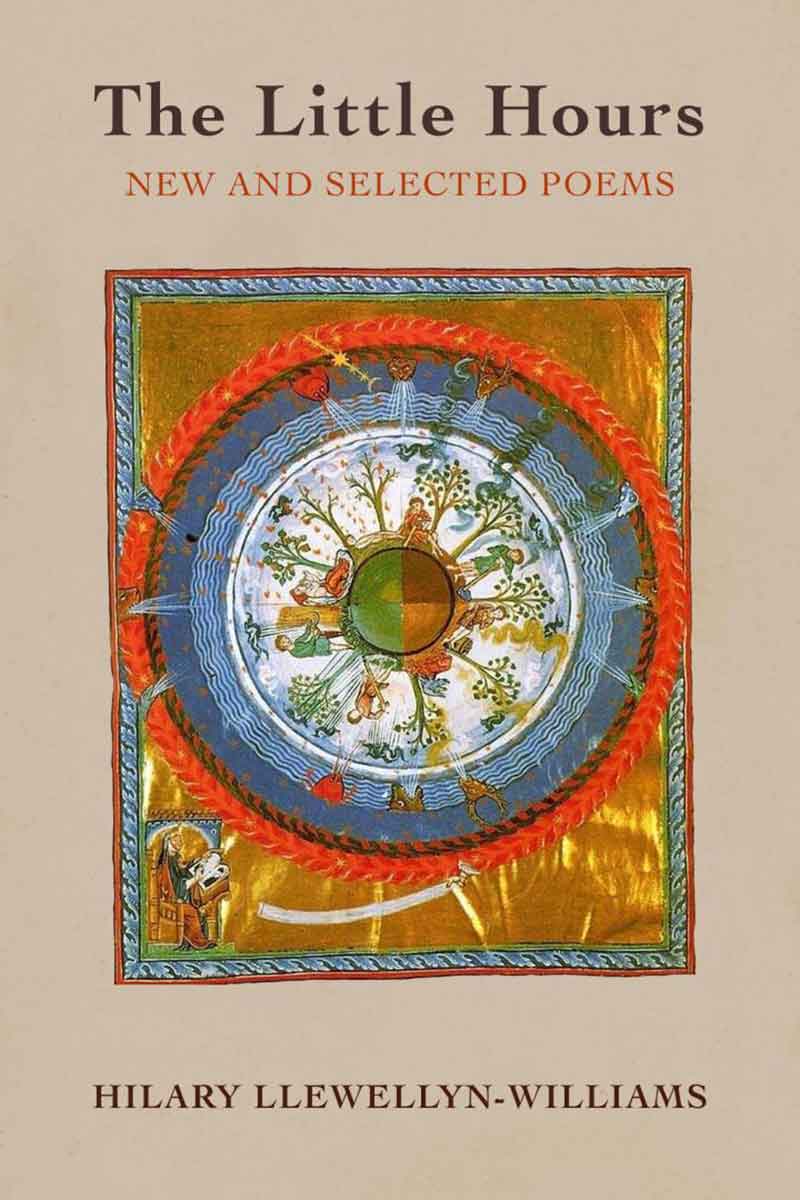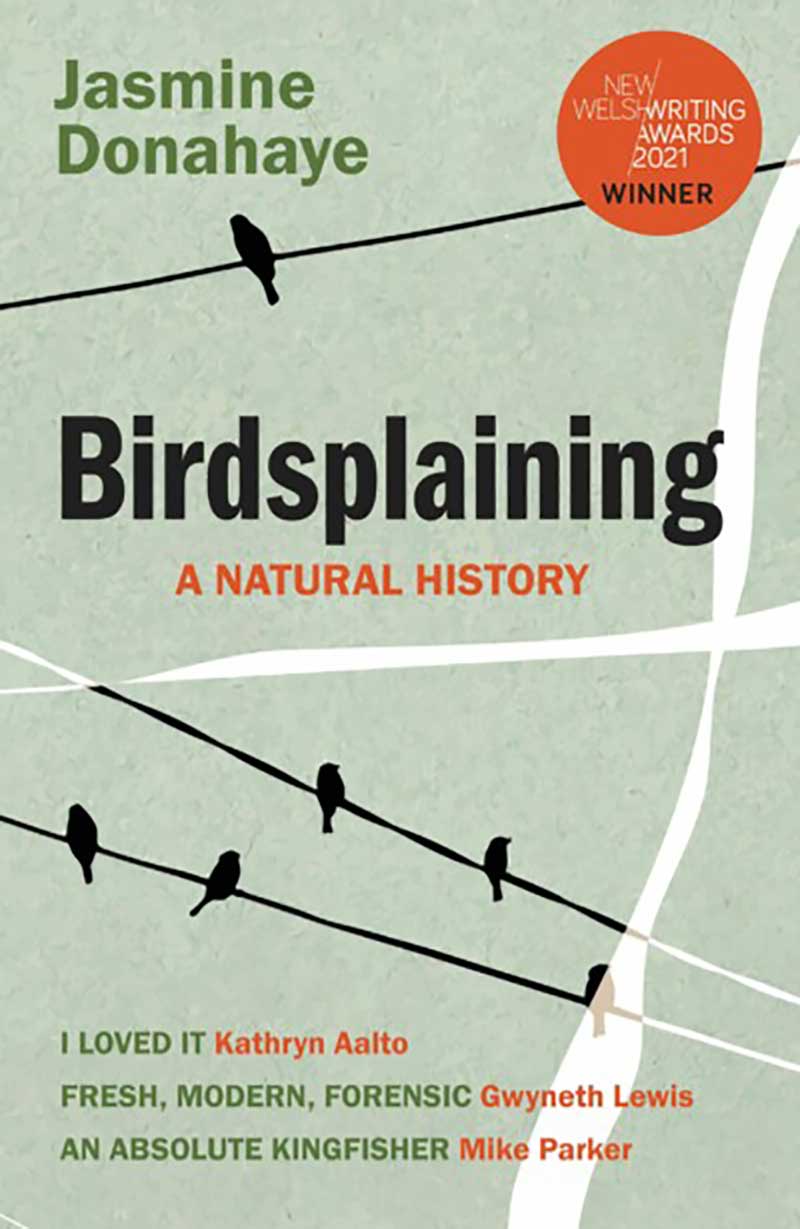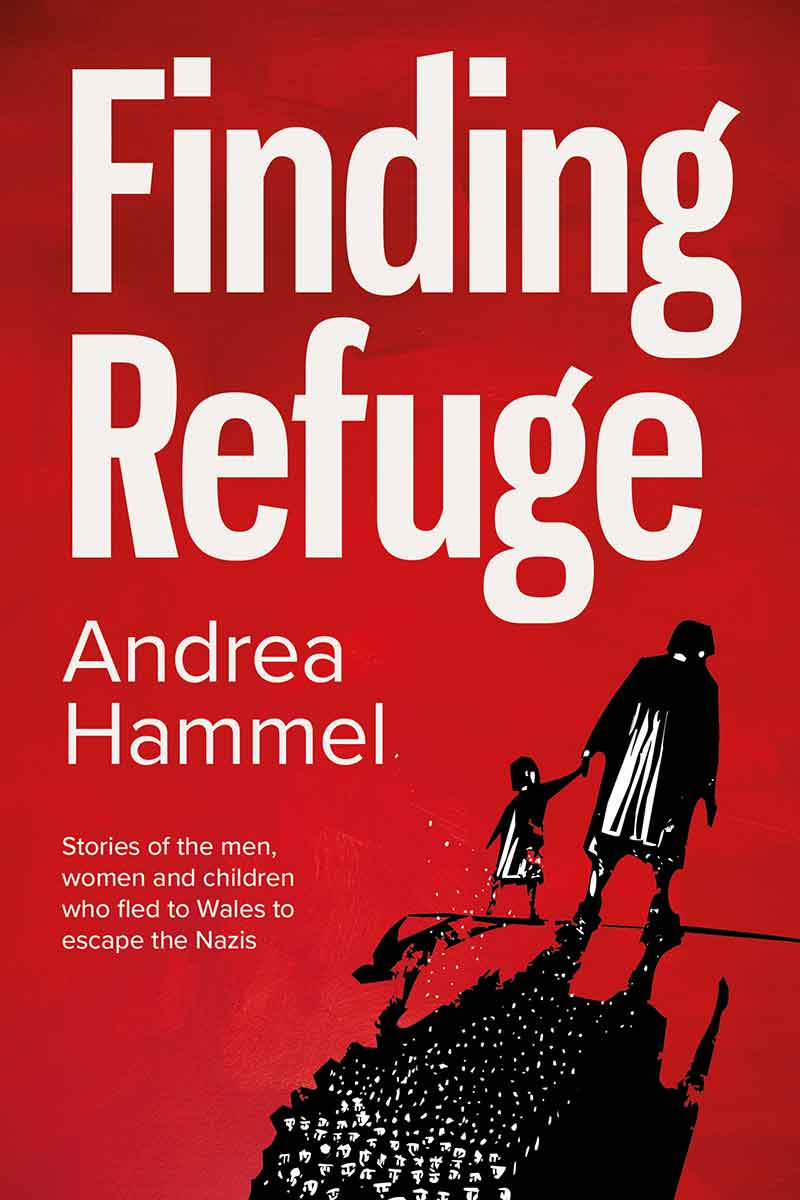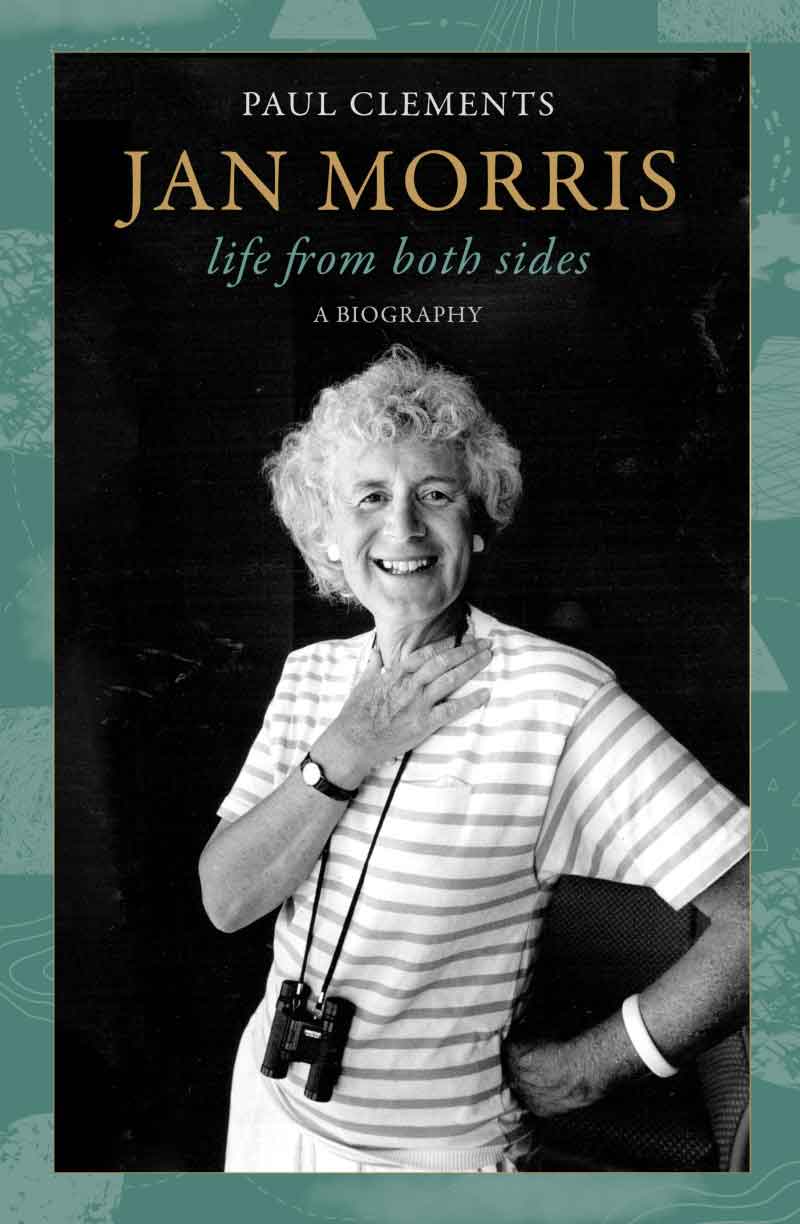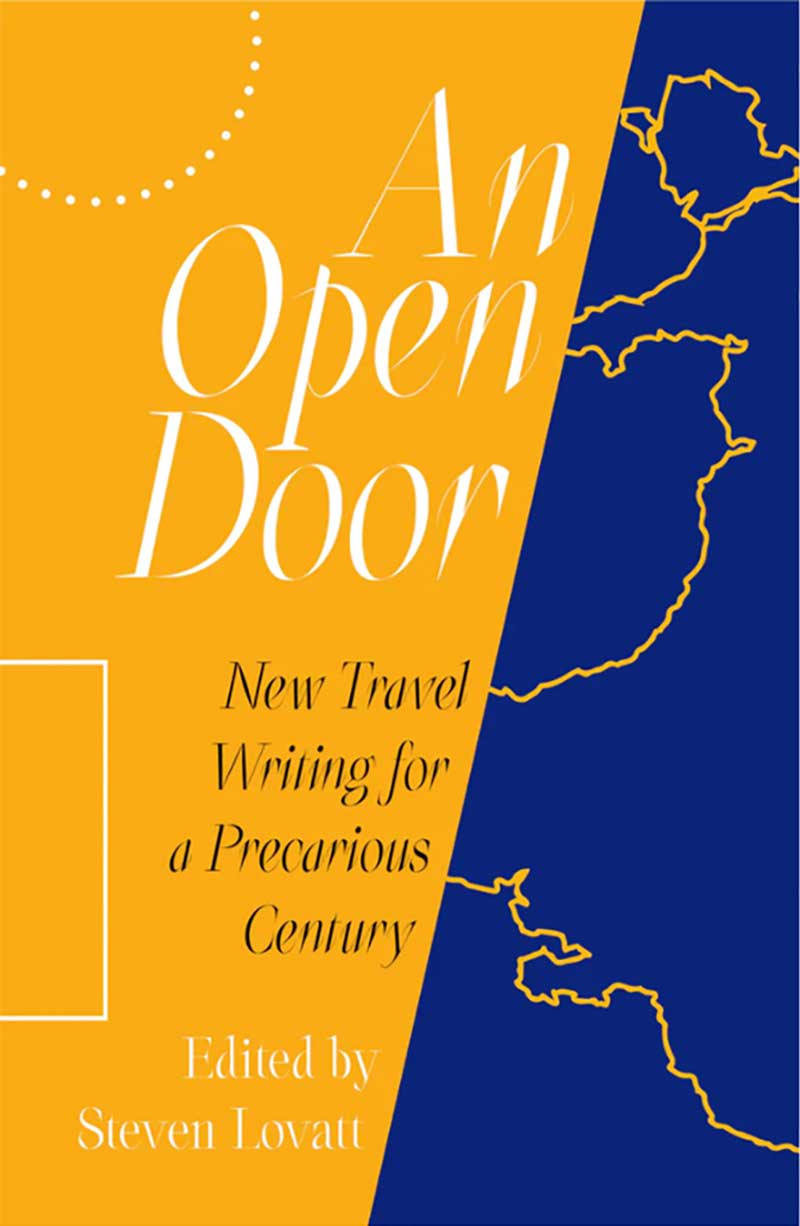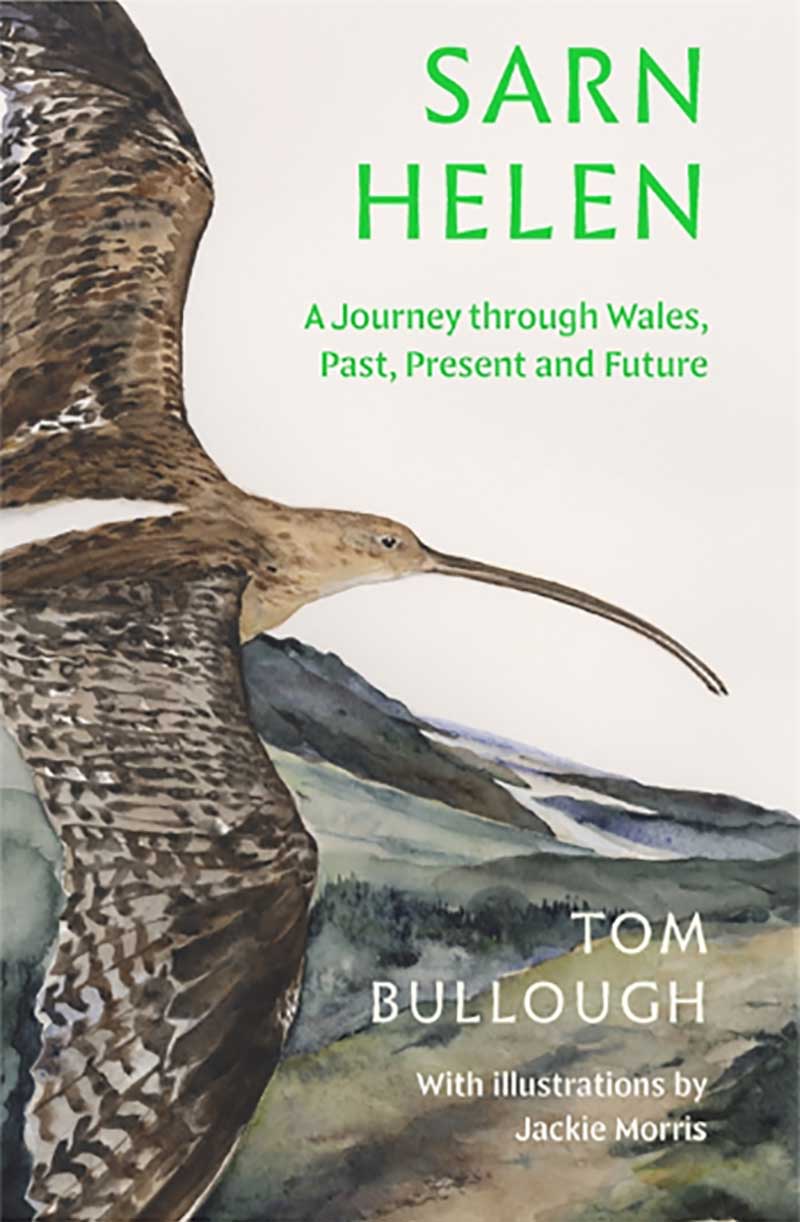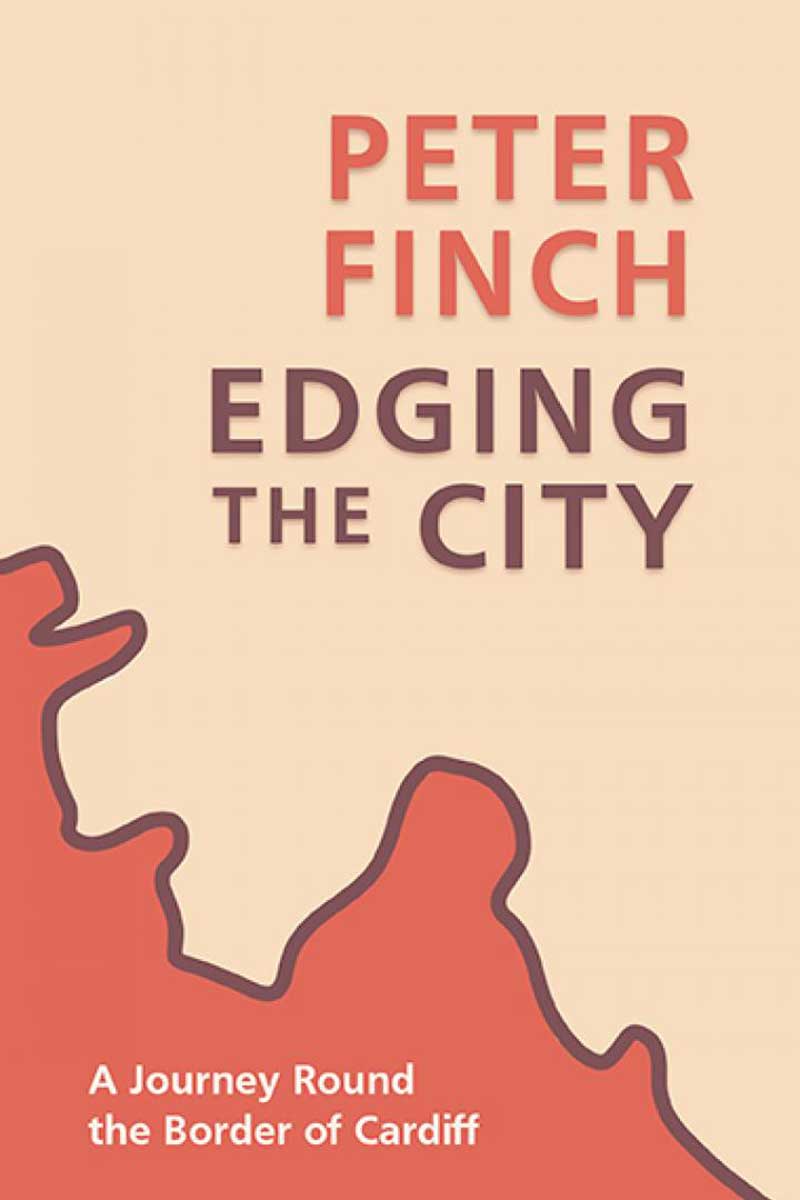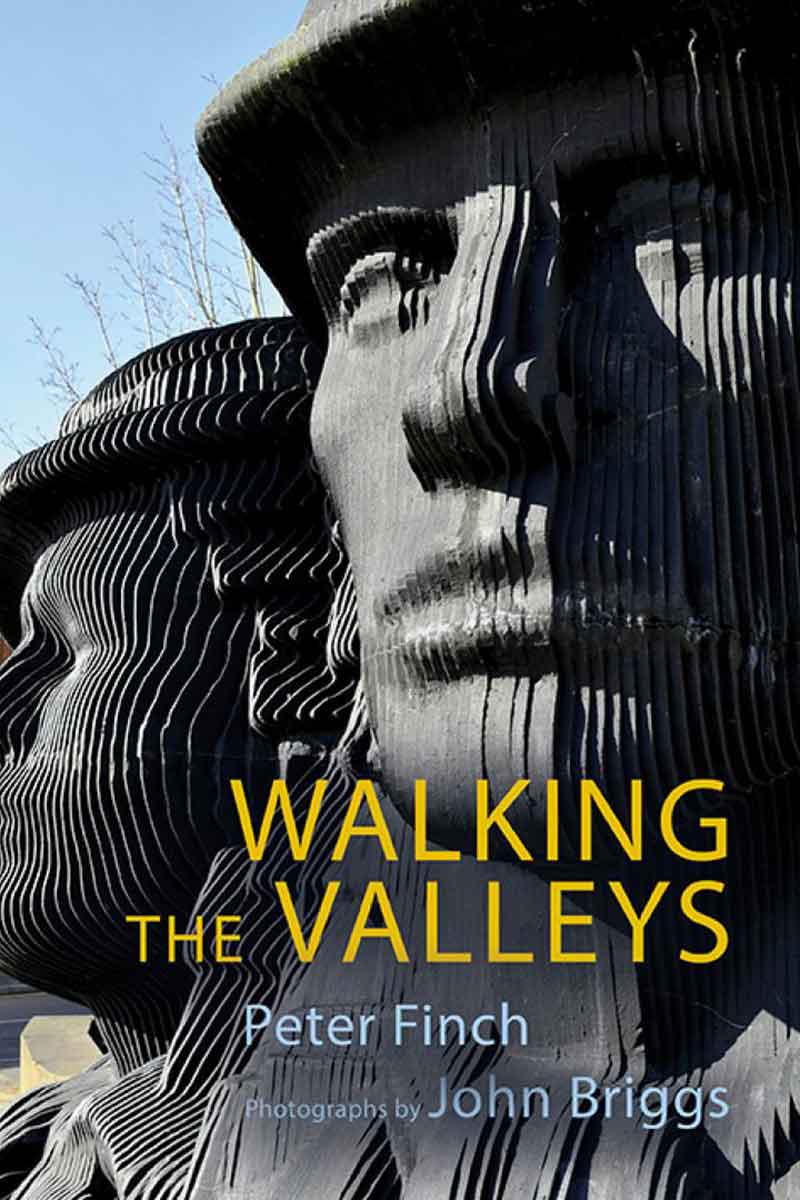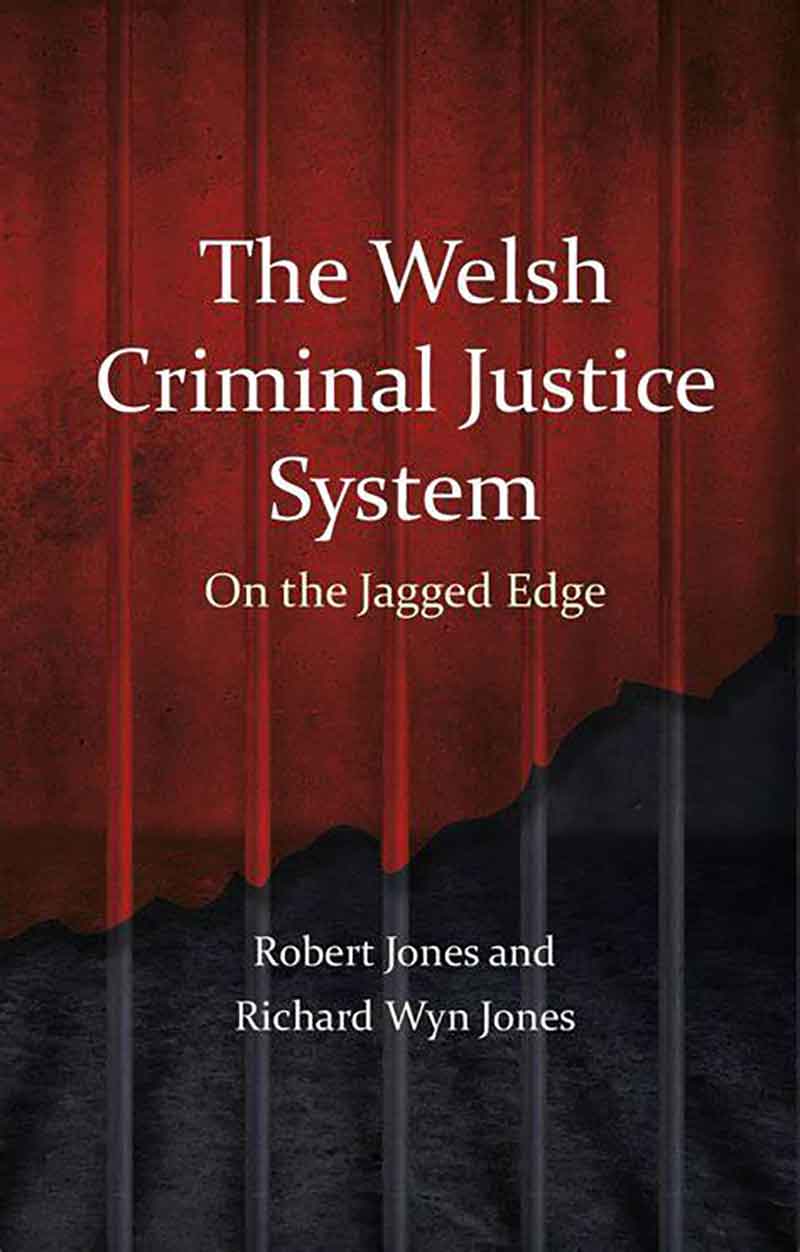Our new regular feature brings together two people to discuss a contemporary topic. Cynog Dafis and Mabli Siriol Jones, authors of Cymdeithas manifestos fifty years apart, offer an inter-generational reflection on different experiences in rural and urban Wales to detail ways forward for the language.
Read moreGareth Leaman interviews activist Adam Johannes and argues that resistance to austerity via parliamentary and extra-parliamentary means is less viable than ever. Is this the last chance to avoid permanent damage to our way of life and collective psyche?
Read moreThis is the forty-sixth contribution to our Welsh Keywords series – inspired by Raymond Williams’ Keywords – which offers perspectives on words in Welsh and how shifting meanings continue to shape our society. Casi Dylan reflects on the personal and cultural pull of returning.
Read moreIn a piece adapted from a keynote presentation for the Arts Council of Wales event ‘Imagining our Future’, Darren Chetty relives a year in the life of Welsh (Plural) – a game-changing essay collection, reflecting more widely on culture, football and discrimination.
Read moreIn a follow-up to his 2019 Planet article on fan culture, Dan Evans gives the reasons why he left Qatar early. He argues that a beloved sub-culture had been appropriated by the Welsh political establishment, in a wider context of foreign direct investment and an emerging Gulf Cold War.
Read moreHelena Anderson reviews the National Library’s striking exhibition of prints collected by the Davies sisters of Gregynog and those later commissioned by Gregynog Press, and looks forward to a National Contemporary Art Gallery for Wales.
Read moreSixty years after the 1963 Trefechan Bridge protest, Ted Parry reflects on the telling complexities of creating a ‘simple’ board game based on Welsh politics. Despite its political success as a tool of power, why has simulation gaming never taken off for the left?
Read more
